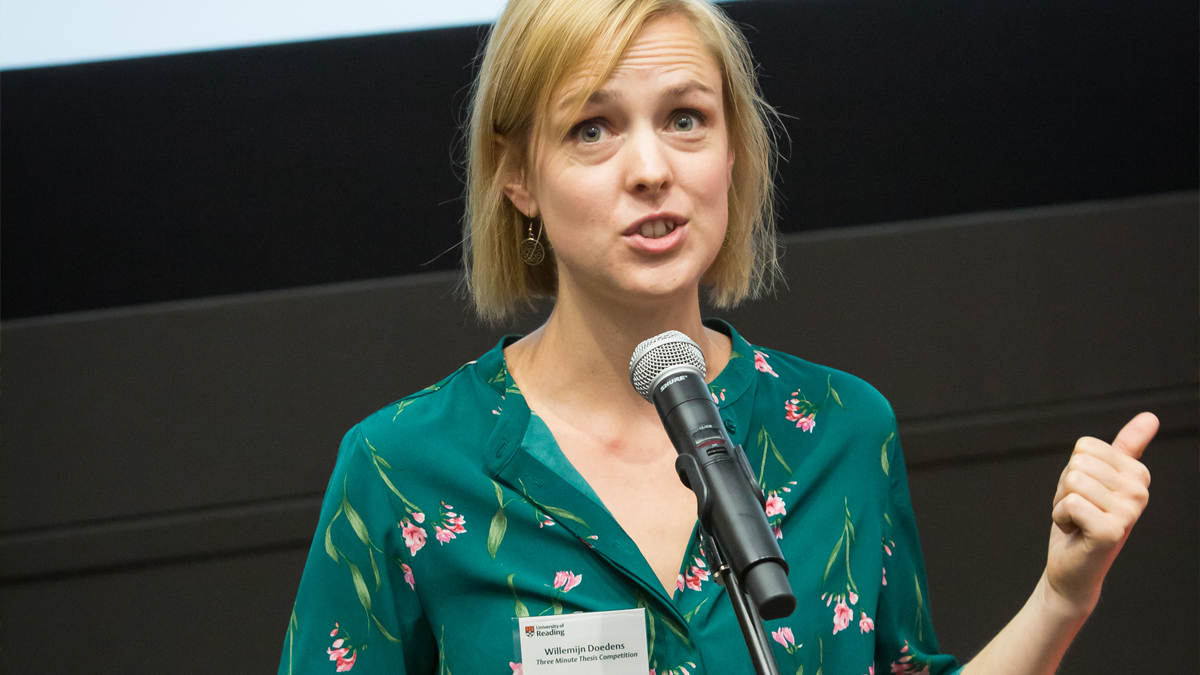Ensuring that children eat enough vegetables is a challenge for many families. It is estimated that only 18% of five to 15-year-olds manage to eat the recommended "five a day", and studies suggest that these early habits continue to impact on dietary and health throughout childhood and into adulthood.
Research by Professor Carmel Houston-Price and colleagues is exploring how to encourage preschool children to eat more vegetables by making them more visually familiar.
Familiarity of foods plays an important role in food choice; children are much more likely to eat and like foods that are frequently offered and familiar.
However, even when parents do offer a food repeatedly, it can take 10 to 15 tastes before their child will accept it; this requires considerable perseverance by parents, who typically give up if their child rejects a food three or four times.
Professor Houston-Price’s research has shown that boosting foods’ visual familiarity by looking at picture books about them can increase preschoolers’ willingness to taste new or disliked vegetables, and increase children’s liking and intake of vegetables at mealtimes.
Based on this work, the See & Eat project, an EU initiative funded by EIT Food in 2019 and 2020, has developed an online resource of tips and information to support parents in introducing vegetables into their preschool child’s diet.
Resources include a library of 24 e-books, each showing a vegetable’s farm-to-fork journey, which families can read and, if they wish, personalise using an iPad/tablet app (Our Story), downloadable via iTunes/Google Play.
The resource is currently available in English and Italian; translation into Dutch, French, Polish and Finnish is underway.
The See & Eat resources and vegetable e-books are free of charge, providing a practical and accessible tool to help parents across Europe ensure their preschoolers enjoy a wider range of vegetables.



